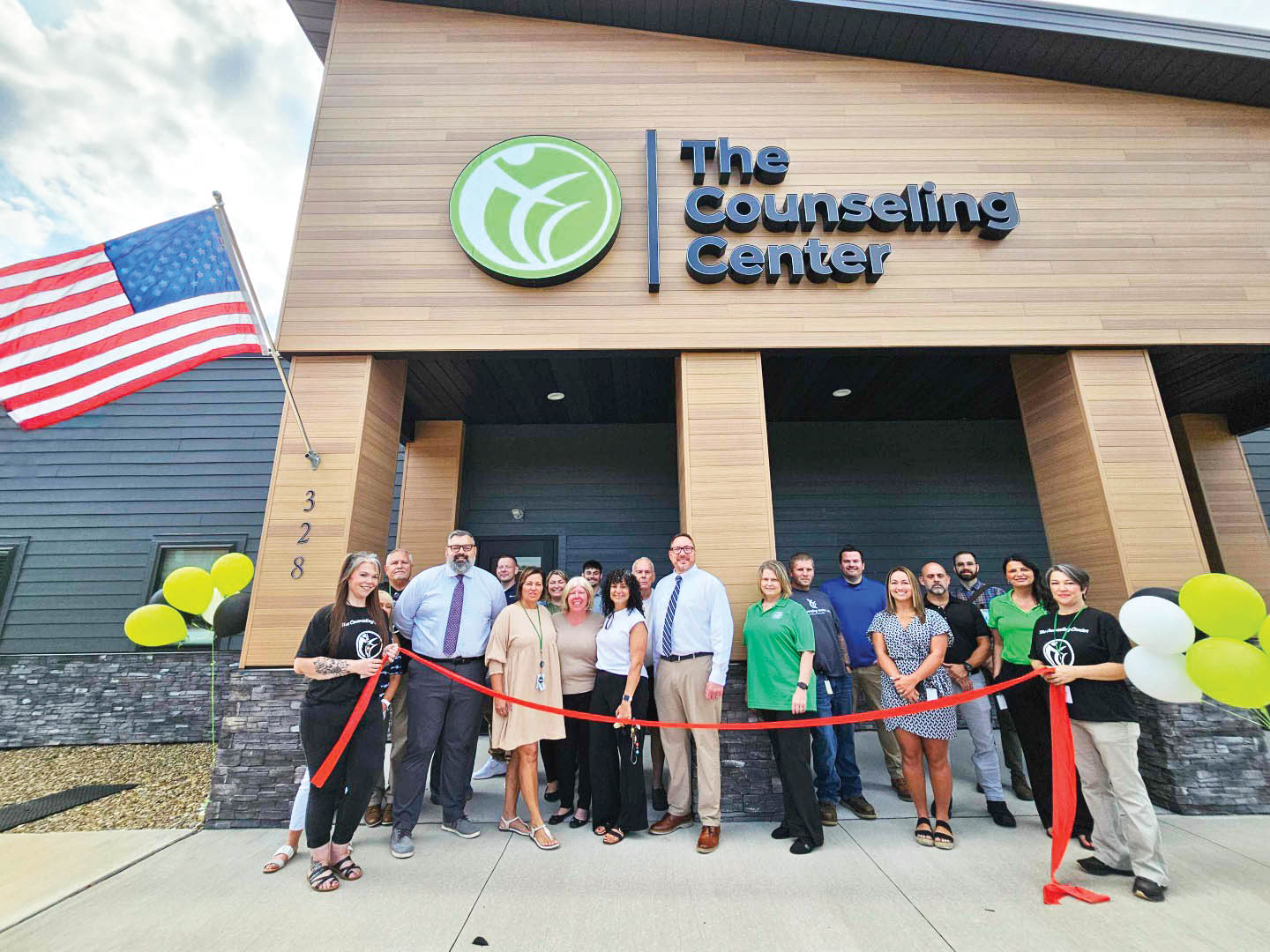End-of-life conversations are difficult but needed
Published 9:40 am Thursday, February 17, 2011
New guidance from a national association of cancer doctors advances a much-needed idea: When a doctor knows a patient isn’t going to get better, he should let the patient know and lead a discussion with patient and family about options for further care.
The alternative — a tendency to unquestioningly deploy every medical procedure available, regardless of how likely it is to be successful and how much it costs — can lead to pointless suffering and hospital expenses that cripple surviving loved ones.
This is especially true in the treatment of cancer, so a booklet on end-of-life choices developed by the American Society of Clinical Oncology could play an important role in improving the quality and lowering the cost of health care in the U.S.
Trending
The booklet, distributed to doctors and also available at www.cancer.net, urges oncologists to “take the lead in curtailing the use of ineffective therapy and ensuring a focus on palliative care and relief of symptoms throughout the course of illness.”
Currently, the society estimates that fewer than 40 percent of people with advanced cancer have “realistic conversations” with their doctors about their prognosis for survival and the types of care they could choose. .
Though end-of-life conversations are among the most difficult imaginable for all participants, honestly discussing the issue can improve the quality of life and ease its end.
The Columbus Dispatch





